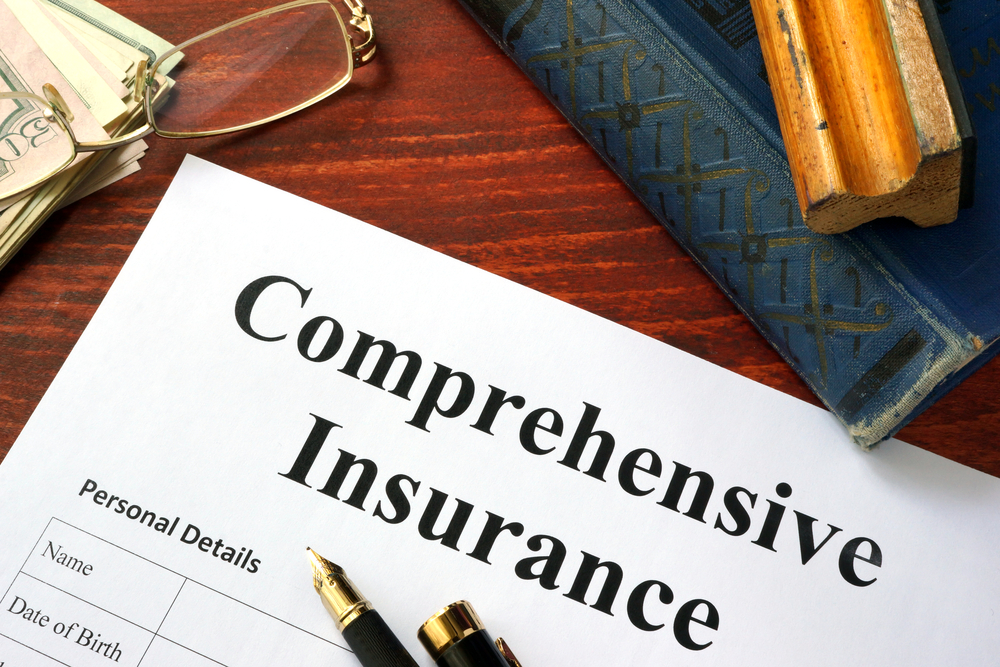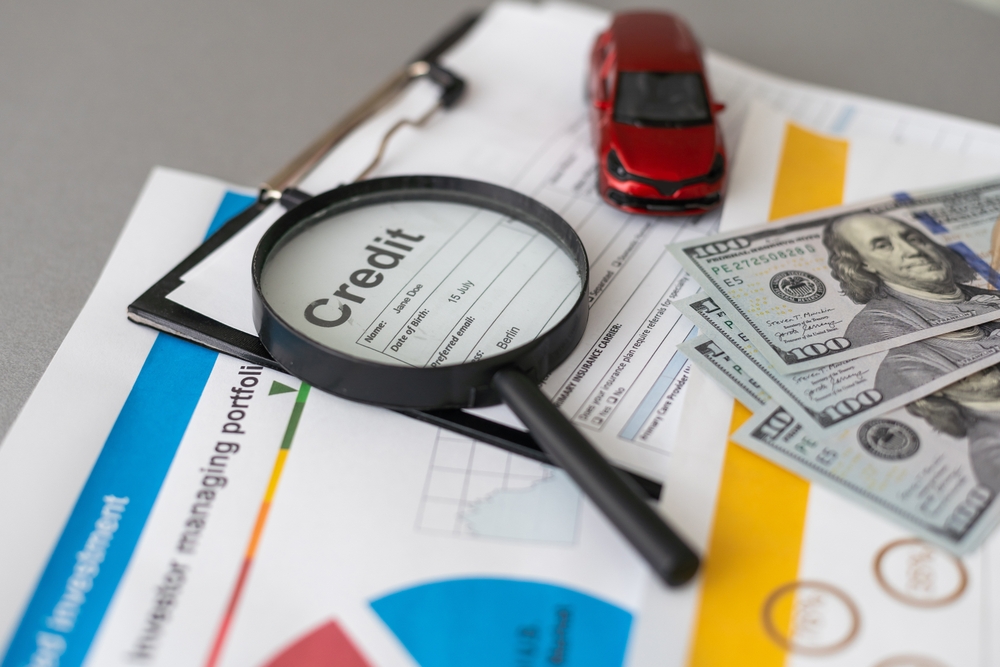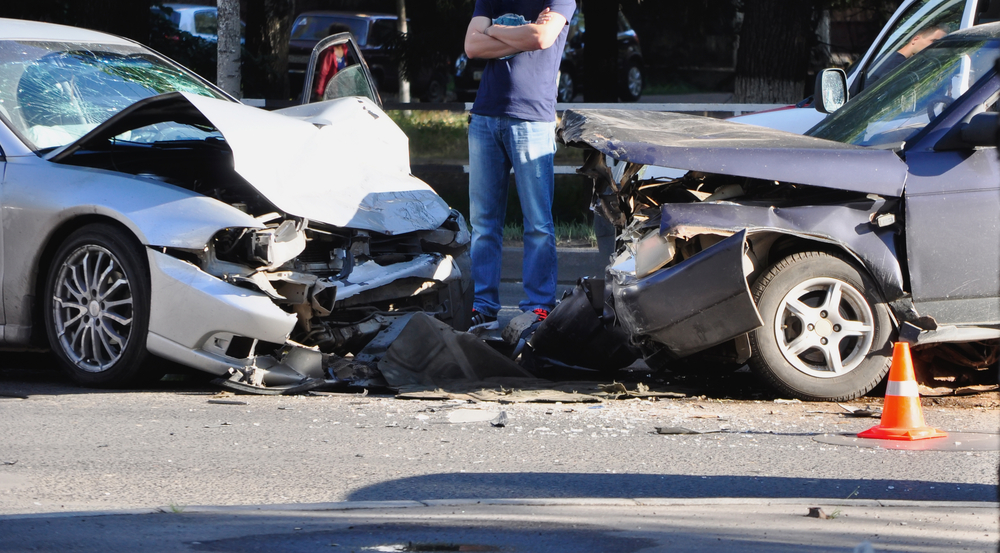Car insurance is full of complexities, and it’s easy to misinterpret what your policy actually provides. These misunderstandings can leave you under-protected or paying more than necessary. By clearing up 19 common misconceptions, you’ll be better prepared to make informed decisions about your coverage and avoid costly mistakes.
Contents
Red Cars Cost More to Insure

It’s a common belief that red cars are more expensive to insure, but the color of a vehicle has no impact on insurance rates. What truly influences premiums are factors such as the car’s make, model, and safety features, along with the driver’s personal history. Insurance companies are primarily concerned with how likely a car is to be involved in an accident or stolen, not its color.
Comprehensive Coverage Covers Everything

Despite its name, comprehensive insurance doesn’t cover all potential damages. It typically covers non-collision-related incidents like theft or natural disasters but excludes damage from accidents, which falls under collision coverage. Many drivers mistakenly believe comprehensive insurance will handle any situation. To be fully covered, it’s essential to understand what each type of policy offers and purchase additional coverage as needed.
Your Insurance Follows the Driver, Not the Car

A common misunderstanding is that insurance follows the driver wherever they go. In reality, auto insurance generally follows the vehicle. This means if you lend your car to someone and they have an accident, it’s your insurance that is responsible. Always be aware of who’s driving your vehicle because, ultimately, your policy will bear the cost.
Older Cars Don’t Need Full Coverage

While it may seem unnecessary to maintain full coverage on an older vehicle, this isn’t always the best move. Repair costs for older cars can still be significant, and dropping collision or comprehensive coverage may leave you vulnerable to large out-of-pocket expenses. It’s worth evaluating the cost of coverage against the potential repair bills before making a decision.
Minimum Coverage Is Enough

State-mandated minimum coverage may meet legal requirements, but it’s often not sufficient to protect you in the event of a serious accident. If damages exceed your policy’s limits, you’ll be responsible for covering the difference. Many drivers don’t realize how quickly medical bills and repair costs can add up, so considering higher coverage limits could save you from financial hardship.
Personal Auto Insurance Covers Business Use

Using your personal car for business activities, such as ride-sharing or deliveries, may not be covered by your regular auto insurance policy. Most policies exclude business use, meaning you’d need a separate commercial auto insurance policy. Without this, you could be left without coverage in the event of an accident during work-related driving.
Your Credit Score Doesn’t Affect Your Premium

Although it seems unrelated, your credit score can actually influence your insurance premium. Insurers in many states use credit-based insurance scores to assess risk, as studies have shown a correlation between poor credit and higher claims. Improving your credit score might not only help with loan approvals but could also lower your auto insurance rates.
New Cars Are Always More Expensive to Insure

While new cars can be more costly to repair, they often come equipped with advanced safety features that can reduce insurance premiums. Some new vehicles might actually be cheaper to insure than older models without modern safety technologies. Don’t assume insurance costs will skyrocket just because a car is new—ask your provider about discounts for safety features.
Insurance Covers Mechanical Failures

Many drivers mistakenly believe their insurance will cover mechanical breakdowns, but this is not the case. Car insurance policies are designed to cover accidents, theft, and other external damages, not routine wear and tear or mechanical failures. If you’re worried about mechanical issues, you may need mechanical breakdown insurance or an extended warranty for that kind of protection.
Parking Tickets Affect Your Insurance

Though parking tickets can be frustrating, they won’t directly impact your insurance premiums. Insurers focus on moving violations, such as speeding or accidents, when determining rates. However, unpaid parking tickets could lead to fines or license suspensions, which could indirectly affect your ability to maintain insurance coverage.
You Don’t Need Insurance If You Don’t Drive Often

Even if you’re not a frequent driver, most states require at least liability coverage for registered vehicles. Lapses in coverage can result in fines, and when you do need insurance again, it may be more expensive. If you rarely drive, consider non-owner car insurance or pay-per-mile insurance as a cost-effective way to stay insured.
Only the At-Fault Driver’s Insurance Pays in an Accident

It’s a common assumption that only the at-fault driver’s insurance will cover damages after an accident. However, in no-fault states, each driver’s insurance covers their own medical expenses, regardless of who caused the crash. It’s important to understand the laws in your state to know how claims will be handled.
You Can’t Switch Insurance Providers Mid-Policy

Contrary to popular belief, you can switch insurance providers at any time—even in the middle of a policy term. You might need to pay a small cancellation fee, but switching could save you money if you find a better deal. Just make sure there’s no lapse in coverage between policies to avoid penalties or higher rates later.
Your Insurance Premiums Automatically Decrease As You Get Older

Many assume that insurance premiums will naturally decrease with age, but this isn’t always true. While younger drivers face higher premiums due to inexperience, rates can rise again for seniors due to health and reflex concerns. Regularly reviewing your policy and asking for discounts based on your driving history can help manage costs as you age.
Small Claims Won’t Affect Your Premiums

Even minor claims can lead to an increase in your insurance premiums. Insurers often raise rates after any claim, regardless of the claim’s size. Sometimes, it’s better to pay for small repairs out of pocket to avoid long-term increases in your premium.
If Someone Else Drives Your Car, They’re Responsible for Damages

If someone borrows your car and gets into an accident, it’s your insurance that usually covers the damages, not theirs. This misunderstanding often leads to issues when people lend their cars without considering the consequences. Ensure you trust the person borrowing your car, as your premiums could increase if they cause an accident.
You Don’t Need Insurance for a Leased Vehicle

Leasing a car doesn’t exempt you from needing insurance. In fact, leasing companies typically require full coverage, including comprehensive and collision policies. Failing to maintain the required coverage can lead to penalties and possibly void the lease agreement.
Your Car’s Value Always Determines the Premium

While the value of your car is a factor, it’s not the sole determinant of your premium. Insurers also take into account your driving record, location, and even the vehicle’s safety features. A high-value car with excellent safety ratings might cost less to insure than a lower-value car with a poor safety record.
Insurance Rates Are Fixed and Can’t Be Negotiated

Some drivers believe that once they’re quoted a rate, it’s set in stone. In fact, insurance rates can often be negotiated by asking for discounts, such as for low mileage, bundling policies, or having a clean driving record. Regularly shopping around and asking your current insurer for adjustments can help you lower your premium over time.
This article originally appeared in MyCarMakesNoise.
More from MyCarMakesNoise
10 RVs Built for Cross-Country Travels Year After Year

When it comes to cross-country travel, having an RV that’s built to last makes all the difference. Whether you’re seeking comfort, durability, or advanced features, these RVs are designed to handle the miles year after year. Read More.
15 Once-Valuable Antique Tractors That Are Now Worthless

Antique tractors once represented the pinnacle of farming innovation, but many have lost their value over time. Advances in technology and changes in agricultural needs have rendered these once-prized machines obsolete. Read More.
20 Japanese SUVs Known for Their Off-Road Capabilities

If you’re looking for an SUV that can handle rugged terrain, Japanese automakers have a long history of producing reliable and capable off-road vehicles. From compact models to full-sized beasts, these SUVs are built to tackle challenging environments while still offering comfort and practicality. Read More.














